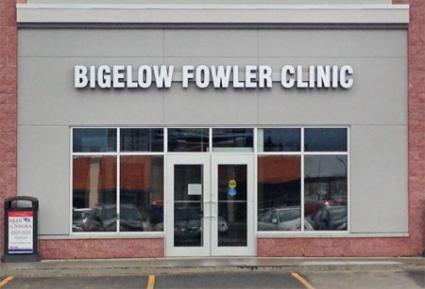What is RSV?
RSV or respiratory syncytial virus is the major respiratory pathogen in young children, and is the most common cause of lower respiratory disease in infants. It accounts for 20-25% of hospital admissions for pneumonia in infants and young children and 75% of cases of bronchiolitis. It can cause much milder infections in adults
How do people get RSV?
RSV rates peak at 2-3 months of age. It is a highly contagious infection. It is transmitted by close contact with contaminated fingers and/or large droplets produced by coughing or sneezing. Adults will often harbour the virus without any symptoms.
What kind of symptoms does an RSV infection cause?
The incubation period (time between exposure to the virus and the onset of symptoms) of RSV is about 4-5 days. In infants, RSV disease usually begins with a runny nose and a low-grade temperature. As the disease progresses mild systemic symptoms like irritability, malaise, and decreased appetite my experienced. During this time a dry cough and wheeze might be noted. In severe cases infants may experience prolonged episodes where they have to work harder to breath (i.e. use extra muscles, flaring their nose, grunting). These are the cases that sometimes have to admitted to hospital for observation. RSV in children with other serious health problems, such as congenital heart disease tends to be very serious.
In adults, symptoms of RSV infection are usually the same as those of a common cold, but it can cause a severe pneumonia in the elderly or immunocompromised.
How is RSV diagnosed?
In serious cases where RSV is suspected, nasal swabs can be done to test for the virus.
How is it treated? RSV is a virus and therefore does not require antibiotics. In mild cases no treatment is needed, as the illness will run its course with no ill effects. In the more serious cases infants or children will have to be admitted to hospital for supportive treatment. Oxygen is administered to ease the burden of breathing. Some centres will also routinely use ventolin or racemic epinephrine to try to make breathing easier.
How do I prevent RSV?
Unfortunately RSV is a very prevalent virus and can be difficult to prevent. The best weapon is to practice good hygiene; good hand washing is especially important. Kids admitted to hospital will be placed in respiratory isolation where visitors will have to where a gown and mask to try and prevent spreading the disease.



